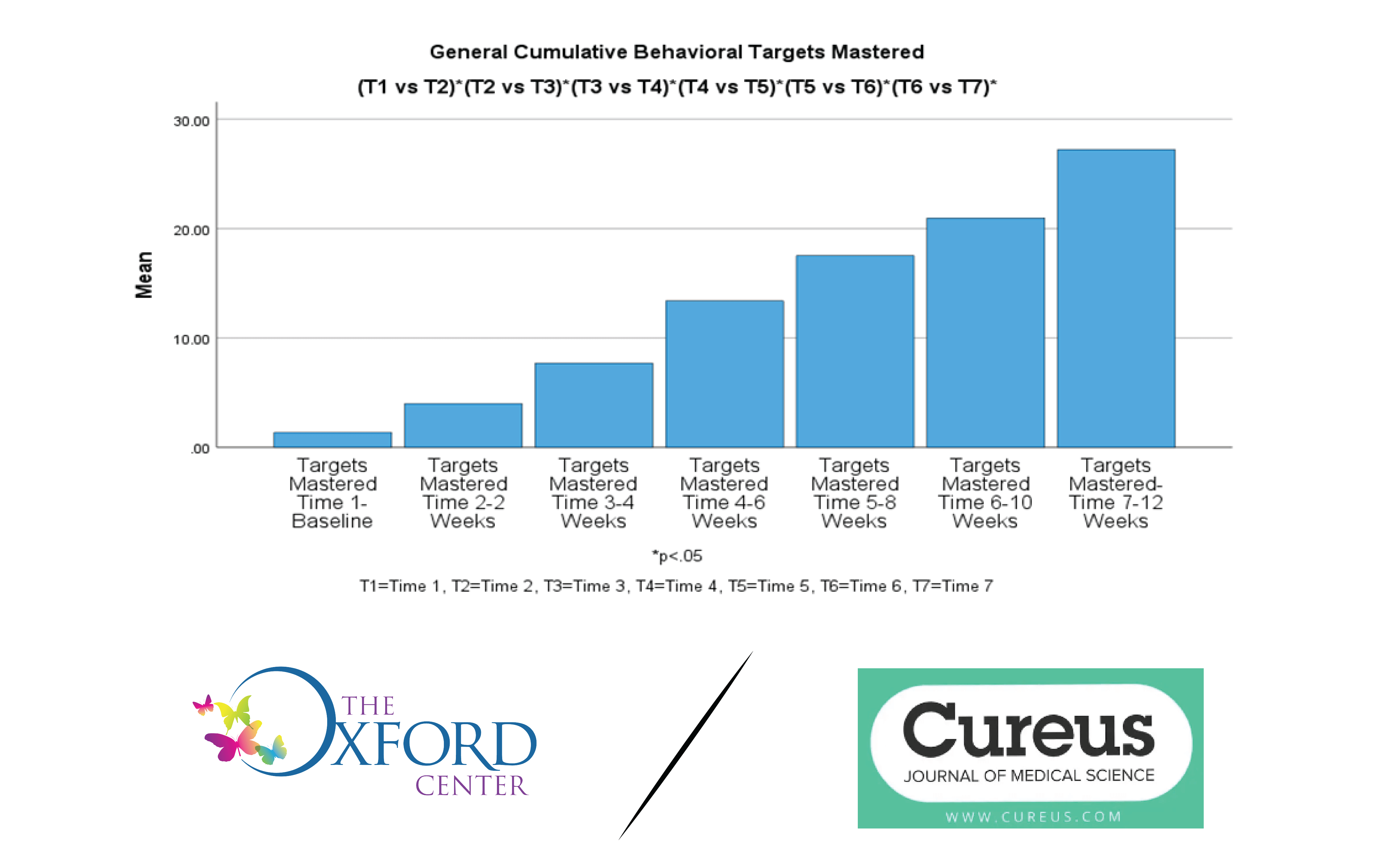Unraveling the Impact of Different Approaches on Autism Interventions: A Closer Look at Recent Research

In the realm of autism interventions, the ongoing quest for effective and tailored approaches has led researchers to delve into the nuanced effects of discrete trials, mass trials, and naturalistic environment training. The Oxford Center’s recent article published on Cureus.com takes a closer look at these interventions and their impact on individuals with autism spectrum disorder (ASD).
Exploring Varied Approaches:
The study, titled “Examining the Effects of Discrete Trials, Mass Trials, and Naturalistic Environment Training on Autistic Individuals Using Repeated Measures,” aims to shed light on the comparative outcomes of these three distinct intervention methods. Discrete trials involve structured, one-on-one learning experiences, while mass trials emphasize repeated practice of specific skills in a controlled setting. Naturalistic environment training, on the other hand, emphasizes learning in real-world situations.
Key Findings:
The research employs a repeated measures design, allowing for a comprehensive analysis of the participants’ progress over time. Initial insights suggest that the effectiveness of each approach may vary based on individual differences among autistic individuals. The study highlights the importance of personalized interventions, recognizing that what works for one may not necessarily yield the same results for another.
Implications for Autism Interventions:
The findings carry significant implications for practitioners, educators, and parents involved in the care of individuals with ASD. Tailoring interventions to suit the unique needs and preferences of each individual appears crucial for optimizing outcomes. As the study suggests, a one-size-fits-all approach may not be the most effective strategy in the realm of autism interventions.
Practical Considerations:
Practitioners and caregivers should take note of these research findings when designing and implementing intervention programs. While discrete trials, mass trials, and naturalistic environment training all have their merits, a thoughtful and flexible approach that considers the individual’s learning style, strengths, and challenges may yield the most positive results.
The study on the effects of discrete trials, mass trials, and naturalistic environment training on autistic individuals adds valuable insights to the ever-evolving field of autism interventions. By recognizing the diversity of responses among individuals with ASD, we move one step closer to developing more personalized and effective strategies for supporting their growth and development.
To read the full article, click here.